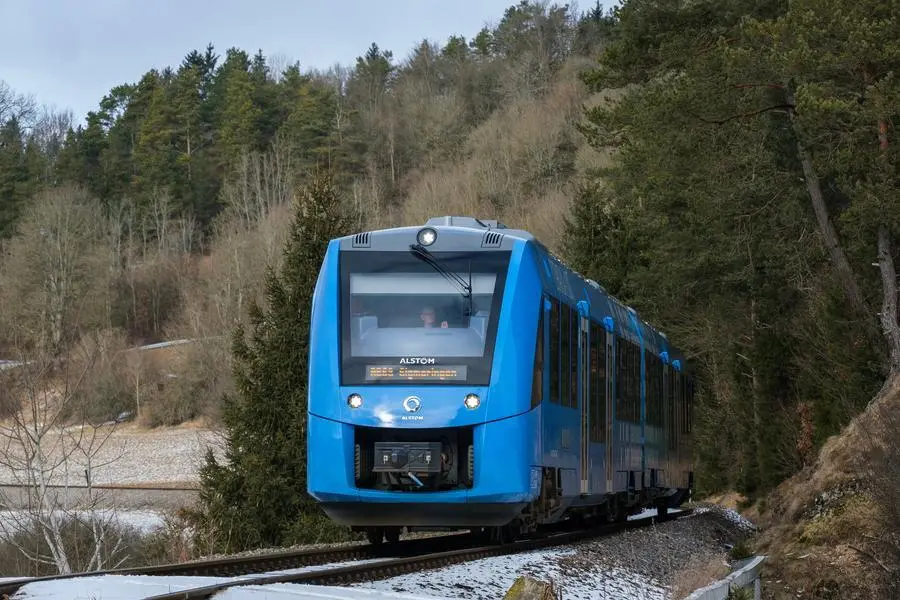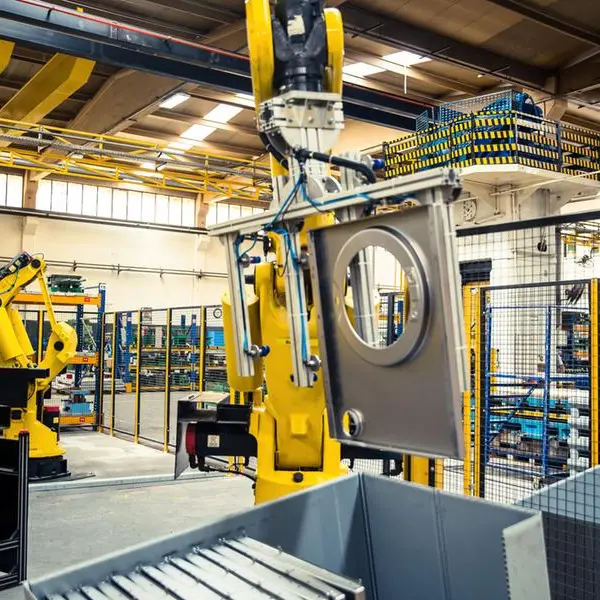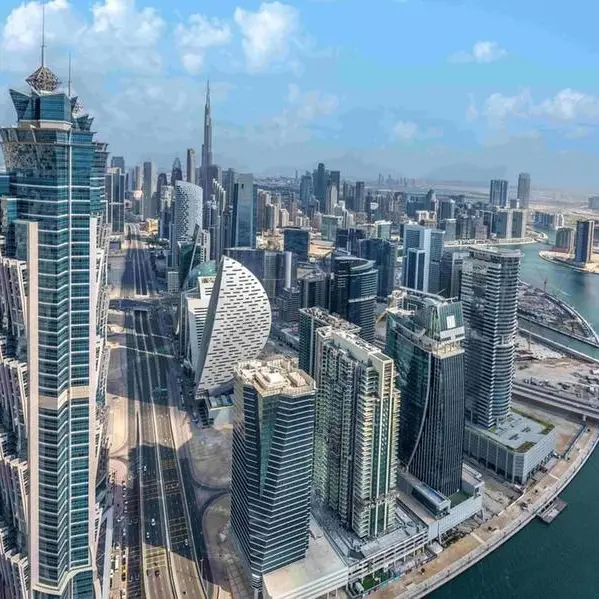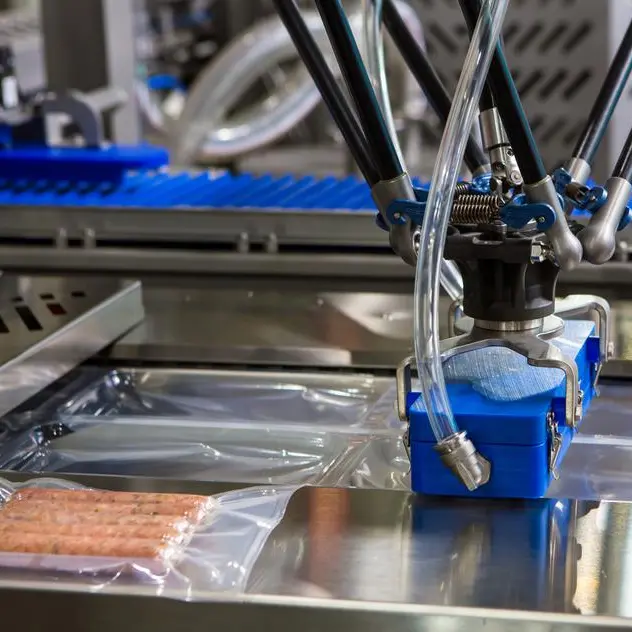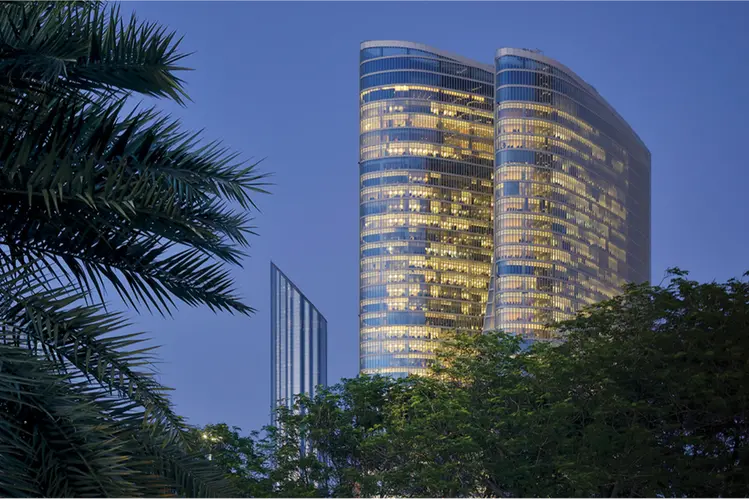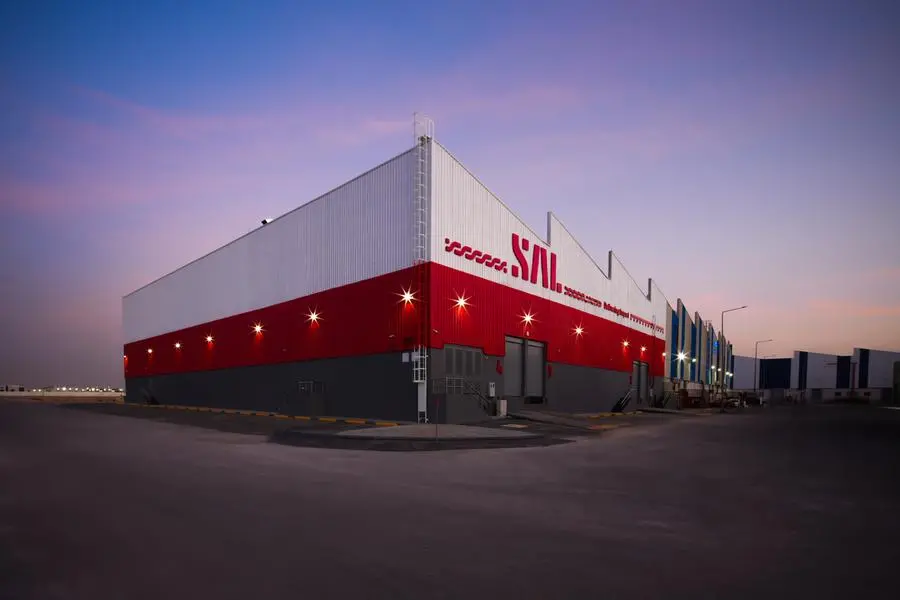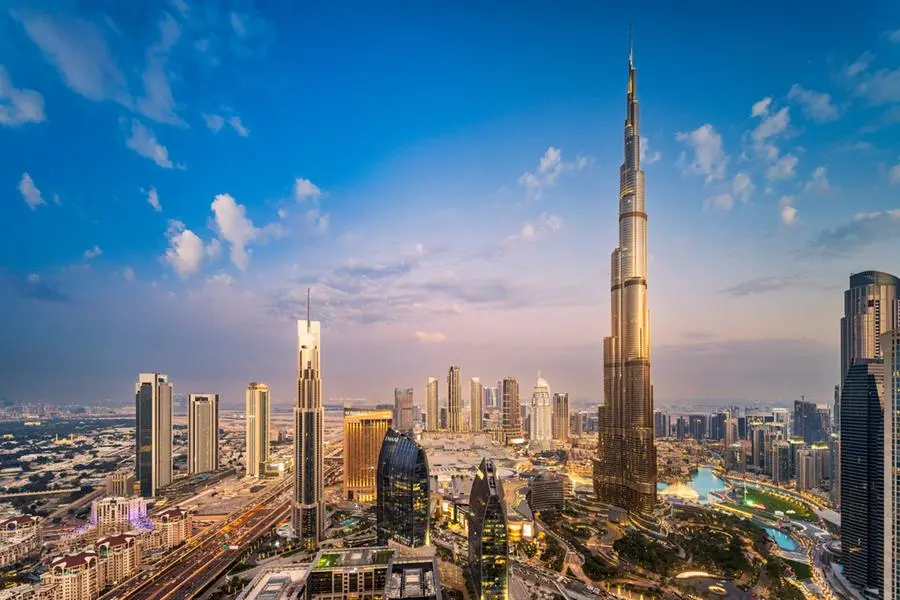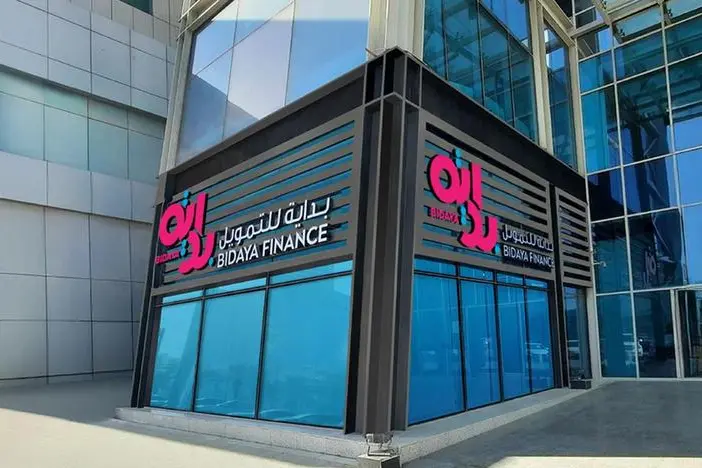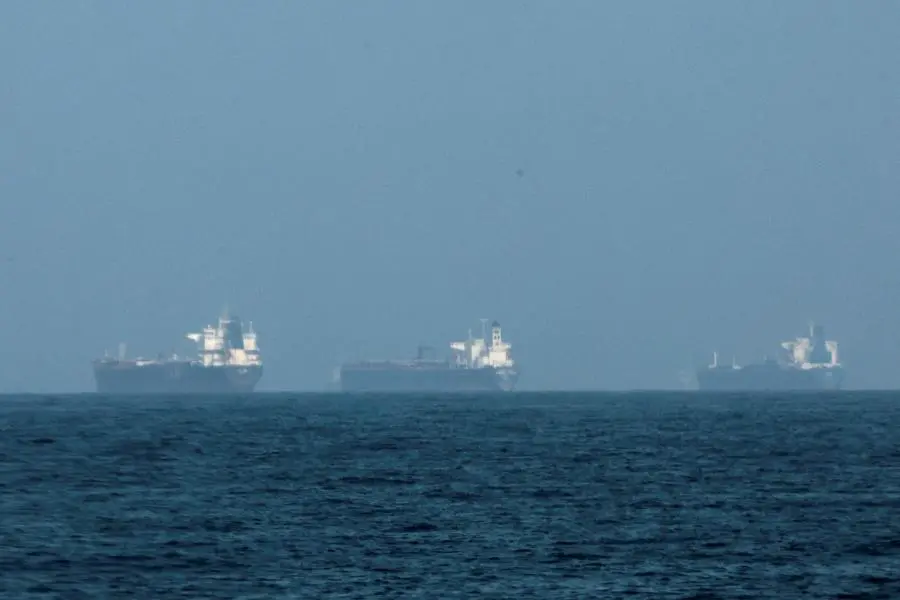PHOTO
(Third and Fourth Paragraphs updated to remove reference to the FII conference dateline for bringing the hydrogen train into the Kingdom)
Alstom, the France-based global rail transportation giant, is planning to introduce its hydrogen train to Saudi Arabia this year, according to a senior company official.
Alstom's GCC Managing Director Tamer Salama told Zawya Projects that the company is in talks to bring its hydrogen train to the Kingdom before the year's end.
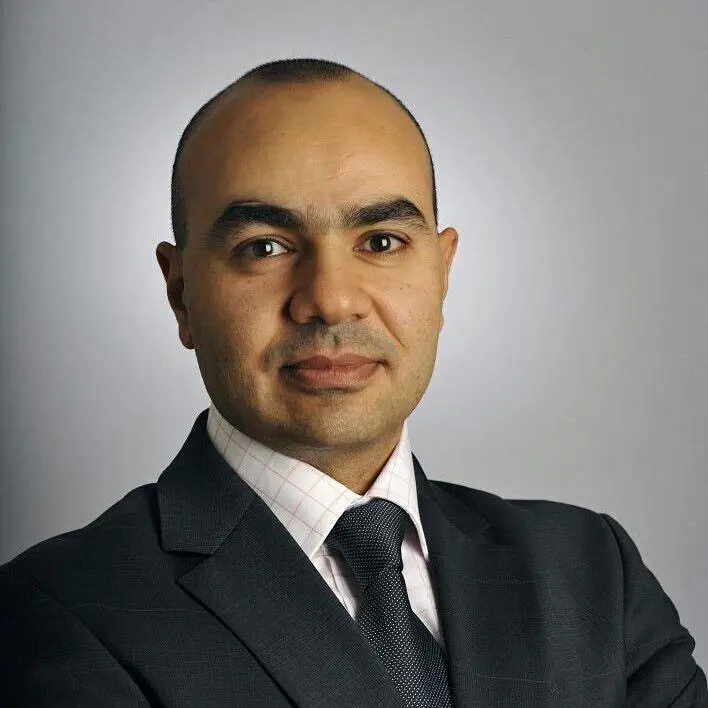

"We are aiming to bring our hydrogen train to Saudi Arabia before the year's end," he stated during an interview at the Middle East Rail event in Abu Dhabi last week.
"We are currently seeking a partner to provide the hydrogen. We are engaged in discussions with several sources fully supporting the initiative," he added.
In September 2022, the company signed a memorandum of understanding (MOU) with the Saudi Railway Company (SAR) to develop hydrogen train solutions tailored to Saudi Arabia.
Proven in Germany
Salama underlined that Alstom's hydrogen train is a "proven technology" with commercial services underway in Germany (since 2018). He also disclosed that commercial operations would begin soon in Italy, France and Denmark.
The Alstom executive highlighted the expected increase in hydrogen availability in the region as more projects are launched.
"There is a green hydrogen project underway in the UAE and another in NEOM. Oman and Qatar are also exploring hydrogen projects, so it will likely be available in most countries very soon," he said.
He further indicated that he anticipates the rail authorities in the UAE to observe the hydrogen train trials in Saudi Arabia.
"They appreciate innovation, of course, but prefer proven technology. If they see that it's running successfully in Saudi Arabia, they would be more encouraged to go through this as well," he stated.
Long-distance proposition
Regarding refuelling infrastructure, Alstom's tests have demonstrated that the hydrogen train can travel over 1,000 kilometres (km) without refuelling. In Germany, an unmodified serially-produced Coradia iLint train covered 1,175 km without refuelling the hydrogen tank, and emitting water, according to a September 2022 press statement issued by the company.
Regarding electrification versus hydrogen, Salama argued that electrification is suitable for short distances, while hydrogen represents a sustainable option for longer distances ranging from 300 km to 1,000 km and more.
Instead of taking years to implement electrification for a long-distance railway track, it would be quicker to introduce a hydrogen train, establish refuelling stations along the route and start operations.
"It is a matter of balancing timing, cost, and distance," he explained.
He further noted that the hydrogen train operates on the same tracks as diesel and electric trains, with the only requirement being the provision of refuelling stations along the line.
Alstom collaborates with partners in Europe to manage the hydrogen stations and supplies.
"For instance, we have a global agreement with ENGIE to provide mobile or fixed refuelling stations and supplies if they operate in the country. We will identify similar partnerships for the region," Salama clarified.
GCC Railway
Commenting on the railway projects pipeline, he mentioned increased activities related to the GCC Railway project, which aims to connect the six Gulf Cooperation Council (GCC) member countries through a 2,117-km railway network.
"The UAE-Oman railway is the first phase. Saudi Arabia and Qatar are engaged in discussions. An official announcement regarding a GCC rail authority to oversee the project is likely to be made," Salama revealed. He also added that whether the GCC Railway will opt for non-electrified and diesel/new technology trains or high-speed trains remains to be determined.
(Reporting by Anoop Menon; Editing by Bhaskar Raj)
